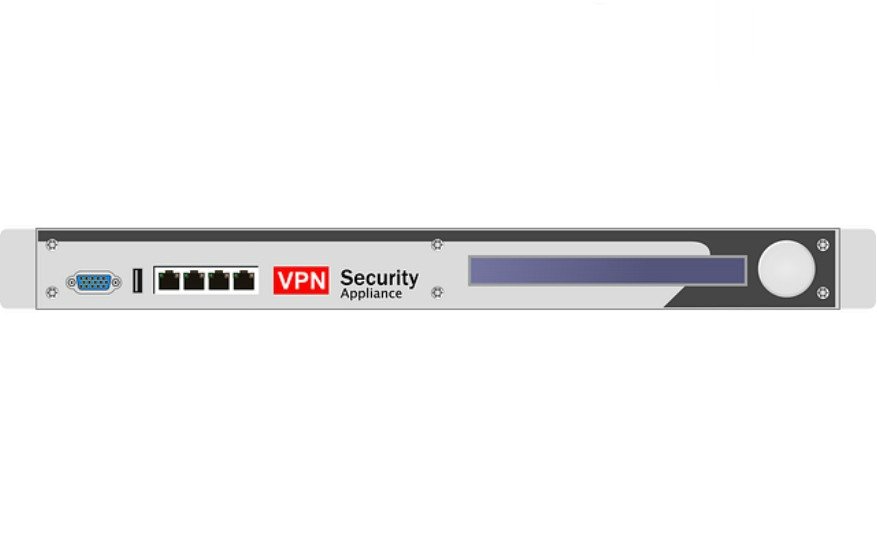Virtual Private Network (VPN) | What It Is And How It Works

These days, the internet seems to be a jungle where only the fittest survive. The fittest could be people equipped with the latest online security products or hackers who just devised a plan to break into those latest online security products. So it really comes down to who performs the best on a given day. Therefore it is up to us to do the best we can to safeguard ourselves against cyber security threats. And employing VPN connections could be one of those measures.
Normally, when we communicate or connect to the internet using the router or modem the internet service provider gave to us, the information from our devices go through the public network before it reaches the web server which you wish to query. And the web server responds to your query using the same public network.
During this process, your IP address – the unique address assigned to your internet connection provided by your Internet Service Provider – gets published “publicly”. That is every server through which your query passes through before it reaches the destination web server will come to know your IP address. And one of these servers could well be operated by hackers. Meaning your precious information has just fallen into the wrong hands.
VPN which stands for Virtual Private Network prevents your IP address from being “published publicly”. In other words, this technology ‘virtually’ provides a ‘private network’ within a public network and thus safeguards the communication between your computer and the server from being hacked.
To put it in even simpler terms, VPN establishes a separate tunnel within the security threat-ridden public network and thereby secures the communication between your computer and the web server by allowing your query to pass through this separate tunnel which is free from any form of hacking. This is how many organizations allow their employees to connect to their network in a secure way. To give a simple example, employees can access the highly confidential company data which resides in the company’s private servers safely using this VPN connection.
Technically speaking, VPN employs encryption technology to ensure the connection between your computer and the web server you are trying to connect to stays secure and does not get subjected to any form of hacking. To establish a VPN connection, VPN client software needs to be installed on your computer so that it can connect to the VPN server which will be responsible for providing the secure connection.
Another advantage of using VPN connection is that your IP address will be replaced by the VPN server’s IP address. That is, your IP address will not be “exposed publicly” like it happens when you connect to a public network on the internet. This secrecy ensures you don’t leave behind any trails which hackers can use to trace back to your computer.
Not only corporates but anyone who’s always on the go and uses his or her laptop at places like coffee shops or hotel lobbies which offer free public wifi(s) can make use of the privacy and security that VPN offers. There are many VPN vendors online who offer VPN services for free. Download anyone of them and surf the internet securely!
Provider-provisioned VPN building-blocks
Based on whether a supplied VPN (PPVPN) runs in layer 2 or layer 3, the building blocks listed below may only be L2, L3, or combine both. The usability of multi-protocol tag switching (MPLS) blurs the nature ofL2-L3.
The following definitions were extended in RFC 4026 to include L2 and L3 VPNs, then added in RFC 2547. You can also find more information about the tools below in Lewis, Cisco Press.
Networking limitations:
One major limitation for conventional VPNs is that they are point-to-point and appear not to help broadcast domains or link them. Consequently, messaging, code and networking focused on layer 2 and transmitted packets, such as NetBIOS used in Windows networking, may not be fully supported or operate just as they would on a real LAN. Variants on VPN, such as Virtual Private LAN Service (VPLS) and layer 2 tunneling protocol, were planned to address this constraint.
It may not be as reliable a VPN link as a direct network connection. A VPN link relies on the ISP and the VPN service. If either falls, there will be no relation.
Related Resources: